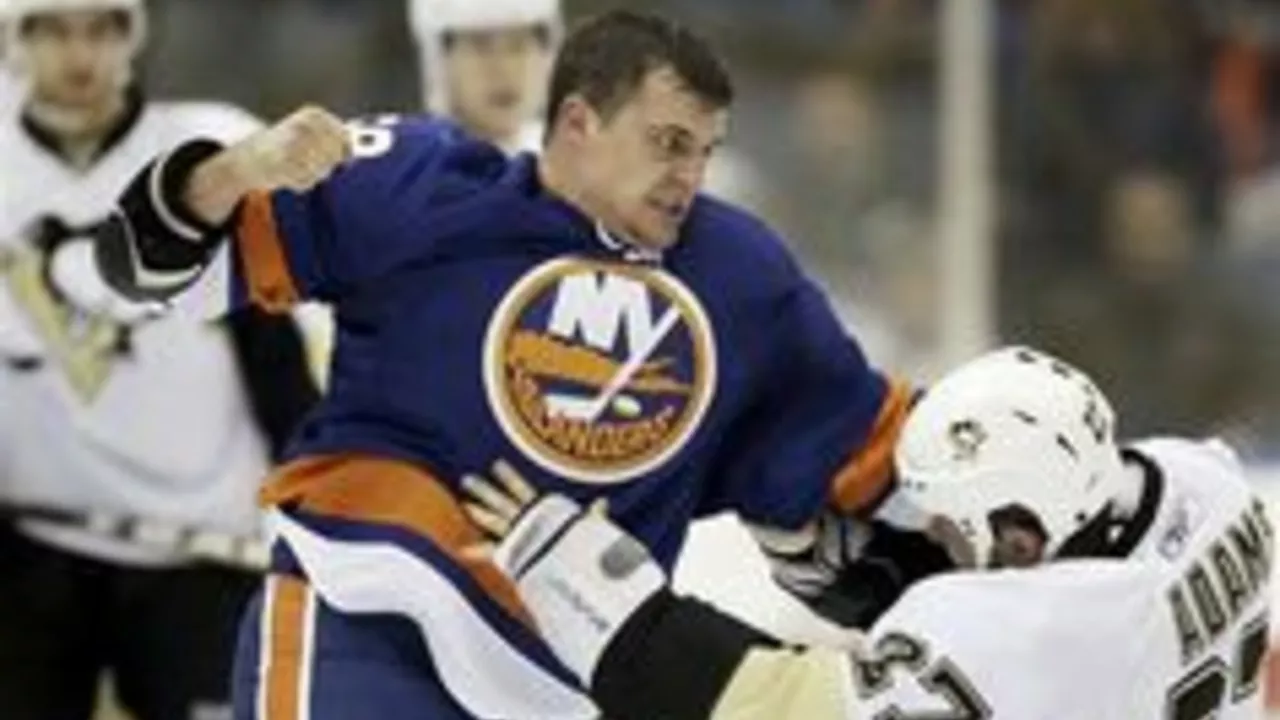Player Behavior in Hockey: What Every Player Should Know
When you step onto the ice, your actions speak louder than your stick. Good behavior isn’t just about avoiding penalties – it builds respect, keeps the game flowing, and helps you enjoy every shift. Whether you’re a rookie learning the ropes or a veteran polishing your style, mastering on‑ice conduct can boost your confidence and protect your team’s reputation.
Basic Etiquette: The Small Things That Matter
Think of hockey etiquette as the unspoken handshake that keeps everyone safe. A quick wave to the bench after a face‑off, a nod when a teammate makes a clean pass, and holding the line when you’re off the ice are all signals that say, “I’m here to play fair.” These tiny gestures reduce tension and make it easier for referees to spot real infractions.
Another simple rule: keep your stick on the ice unless you’re actively playing the puck. Swinging it high or using it to poke at opponents can draw a penalty and heat up the game fast. If you feel a rush of adrenaline, take a breath, place your stick down, and reset. Small habits like these keep the focus on skill, not drama.
Managing Aggression and Staying Competitive
Hockey is a physical sport, so aggression will show up at some point. The key is channeling that energy into constructive play instead of fights or dangerous checks. Before you rush into a body contact, ask yourself: “Is this move helping my team?” If the answer is no, step back. A good tip is to practice “controlled aggression” during drills – hit the boards hard, but keep your balance and awareness.
When tempers flare, remember the power of a quick apology. A simple, “Sorry, didn’t mean to,” can defuse a brewing clash and prevent a penalty that hurts your team. Also, keep an eye on the referees’ signals. If they give a warning, back off immediately – it’s cheaper to lose a minute of play than face a game‑changing major penalty.
Off the ice, mental preparation matters. Visualize calm responses to tough situations, talk through frustrations with a coach, and stay hydrated. A clear head reduces the chance of an emotional outburst that leads to a misconduct review.
Good player behavior isn’t about being a robot; it’s about respecting the game, your teammates, and yourself. By mastering basic etiquette, controlling aggression, and staying mentally sharp, you’ll become the kind of player coaches love to put on the ice. Keep these habits in mind each time you lace up, and you’ll notice smoother games, fewer penalties, and more fun for everyone involved.

Why do people fight in hockey games so much?
Well, you know, hockey's a tough sport, folks! Players fight a lot because they're just trying to protect their teammates or establish dominance on the ice. It's like a high-stakes game of 'king of the hill' but with sticks and skates. And boy, talk about a stress reliever! Nothing like a good ol' punch-up to blow off some steam, right? But remember, it's all in the spirit of the game, no hard feelings at the end of the day (except maybe a few bruises)!
Read More